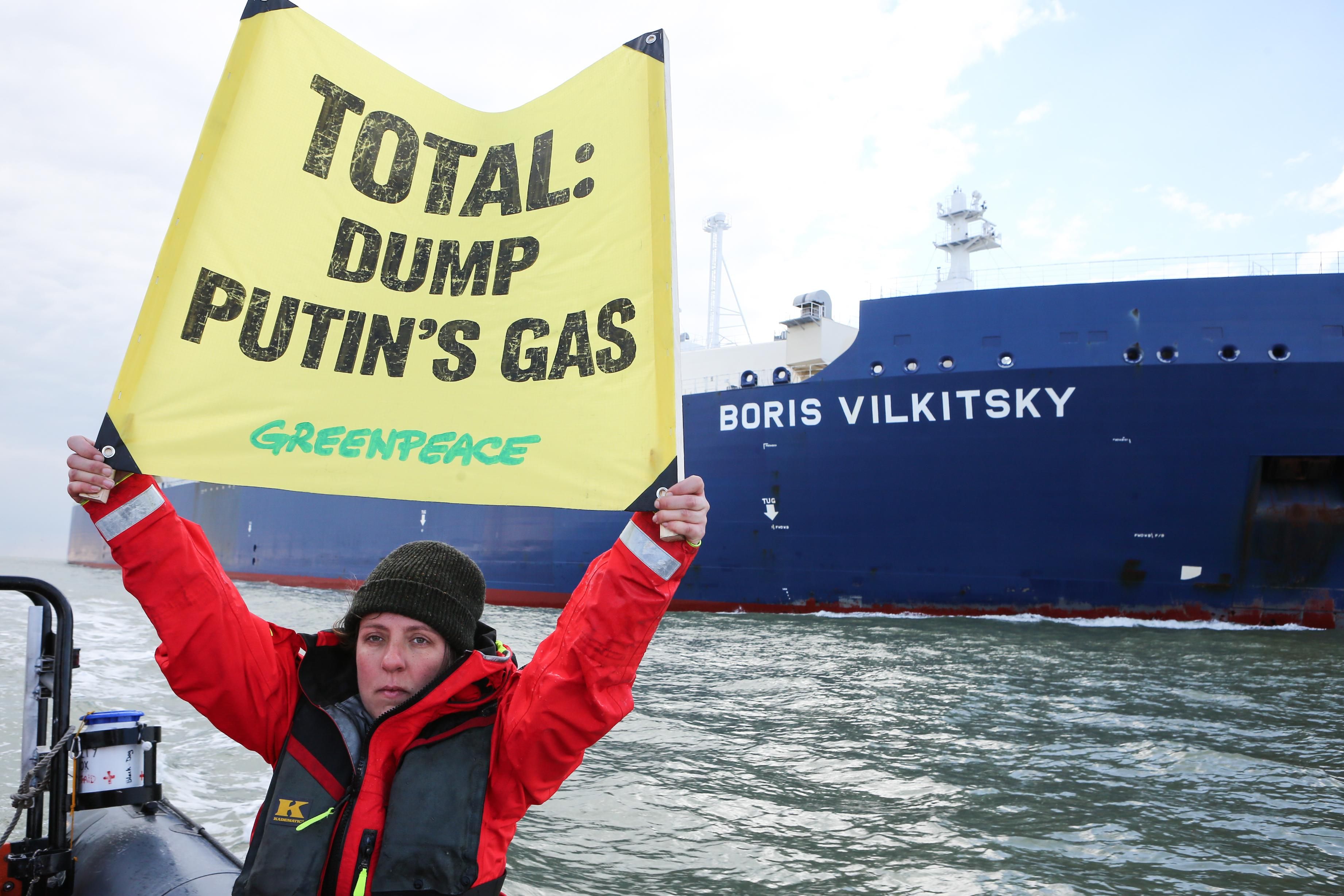
The limits to sanctions' effectiveness is nowhere more striking than in the measures to sanction wealthy Russian individuals. The Tax Justice Network warned that efforts to track wealthy Russians' assets by a transatlantic task force, set up by Western powers after the Russian invasion, are "severely hampered by loopholes, secrecy laws and shortcomings".
The UK has been especially welcoming to Russian money. After the invasion of Ukraine it sanctioned a number of oligarchs , but in many cases this was slamming the door after the horse had bolted. For example, researchers found that institutional failings had allowed money belonging to Alisher Usmanov, a Kremlin insider and once the UK's wealthiest citizen, to be hidden in a web of trusts.
Sanctions and decarbonisation
While business lobbyists hope to slow down the European Commission's plans to cut Russian imports and reduce gas consumption, climate policy campaigners want to speed up these efforts.
And it's not just about speed. It's about whether to concentrate on replacing Russian imports with fossil fuels from elsewhere—postponing drastic changes in our fossil-fuelled systems—or to take the bull by the horns and cut gas use. This would involve inflicting suffering on individual European consumers, but by finding other ways to provide the heat currently produced from gas.
Researchers from the Regulatory Assistance Project, an energy policy think tank, argue that given that most of Europe's gas is used for low-temperature heating (for example, in homes), it can "be replaced by existing technologies".
That means, in the first place, insulating homes and fitting electric heat pumps; installing district heating systems—a centralised heat source for a neighbourhood; and producing electricity from renewable sources instead of gas.
Gas is also used in industry, both as a heat source and a raw material. Replacing it there is trickier, but engineers know how.
Energy systems researchers say that conservation measures—which should have been started decades ago, to help avoid dangerous global warming—can slash gas demand by nearly one-third of the EU's total consumption within a few years.
An environmentalist alliance targeted 100 bcm of gas savings by 2025 across the EU via energy efficiency measures, heat pumps and electrification in buildings, and more renewable electricity. Climact, a climate campaign group, proposed cuts of 26.6 bcm by 2027 from only the three biggest gas-burning industrial sectors: chemicals, food and non-metallic minerals (mostly glass and ceramics).
These substantial reductions in fossil fuel use are the type of policies needed to address the climate crisis, in contrast to governments' "net zero" targets. These are duplicitous, because they assume that economies can keep pouring large quantities of greenhouse gases into the atmosphere, and remove them in future decades with unproven technologies.
While environmentalists' proposals focus (correctly in my view) on wasteful technological systems, still more fossil fuels could be saved by changes in the way we live—for example, by moving away from car-based urban transport systems, sharply reducing air travel, and so on.
Economic policies that question not only the efficiency of fuel use, but also what the value of production is for human development and happiness—and not just for profit—could also take chunks out of fuel demand.
This content originally appeared on Common Dreams - Breaking News & Views for the Progressive Community and was authored by Simon Pirani.
Simon Pirani | Radio Free (2022-05-21T11:21:41+00:00) A Historic Turning Point: Goodbye Russian Gas, Hello Rapid Decarbonization. Retrieved from https://www.radiofree.org/2022/05/21/a-historic-turning-point-goodbye-russian-gas-hello-rapid-decarbonization/
Please log in to upload a file.
There are no updates yet.
Click the Upload button above to add an update.